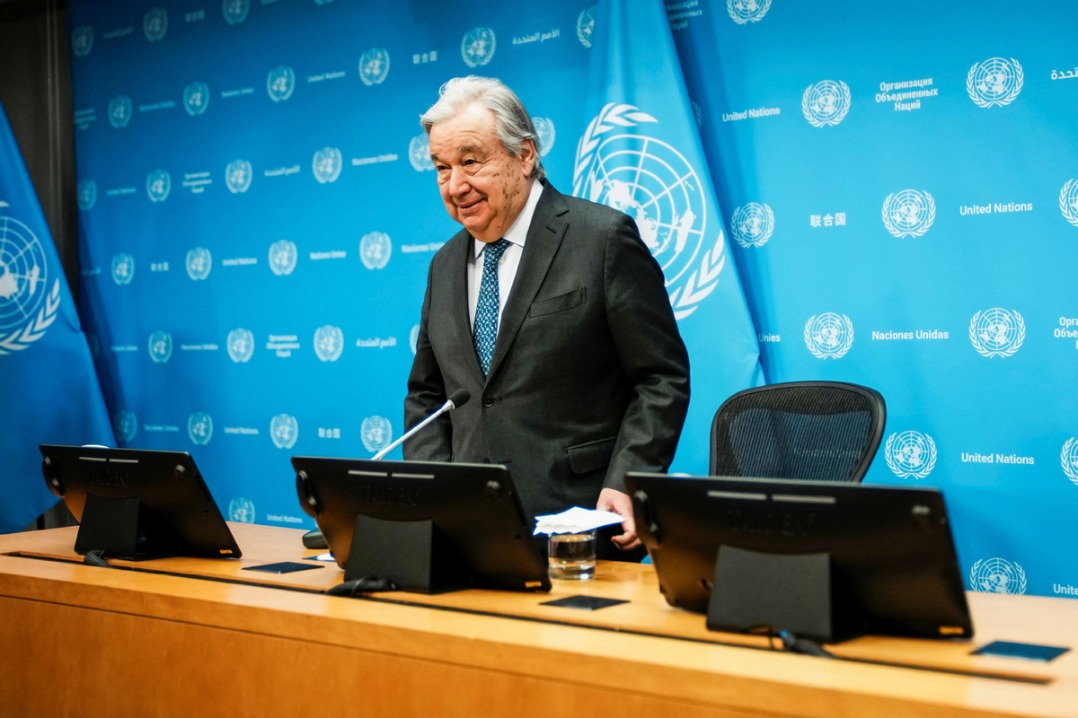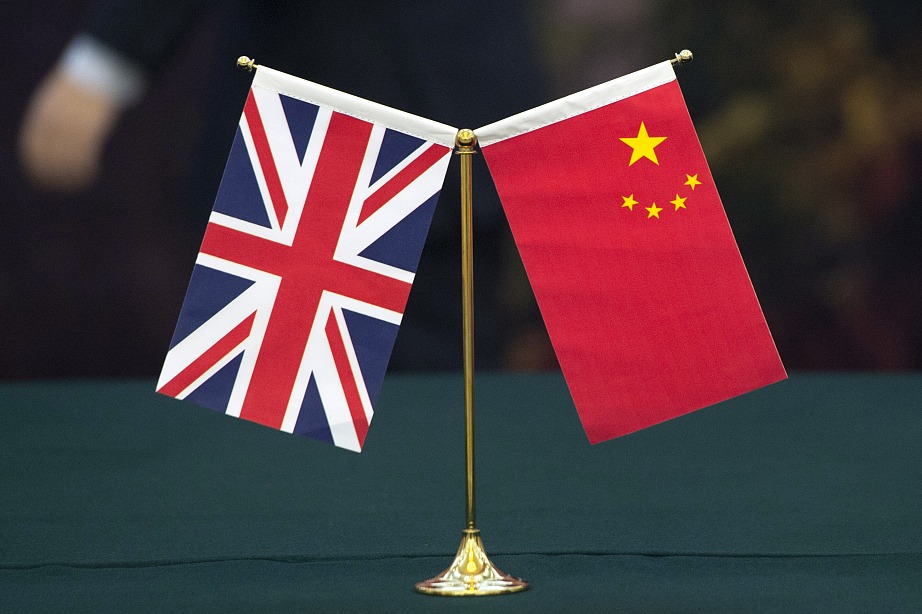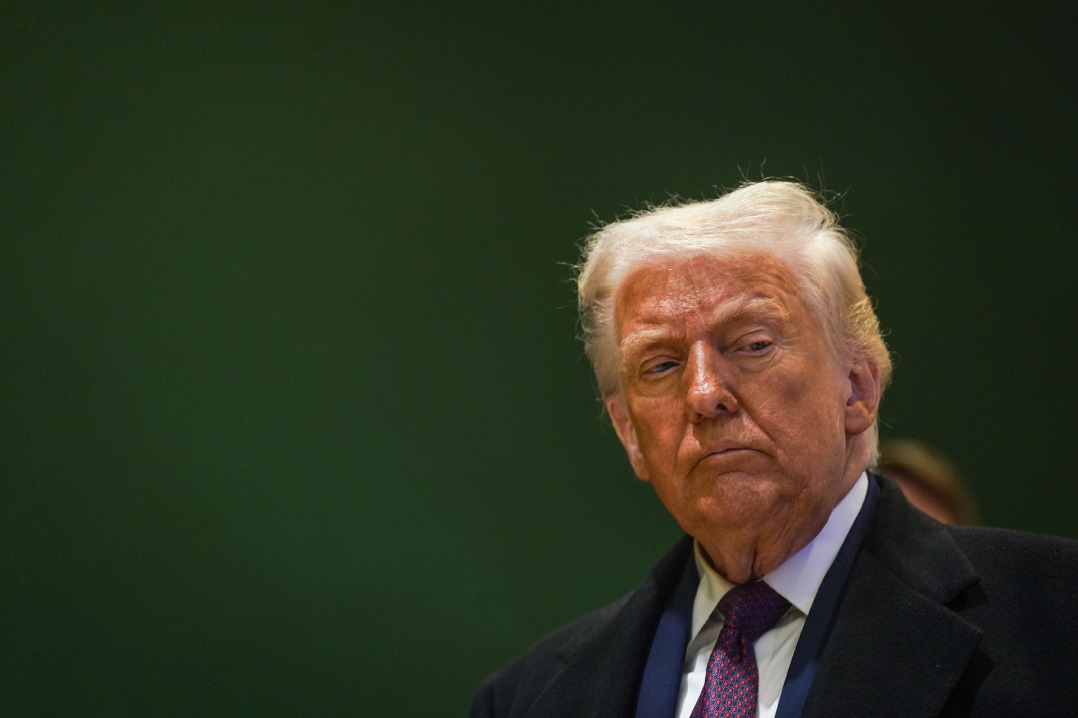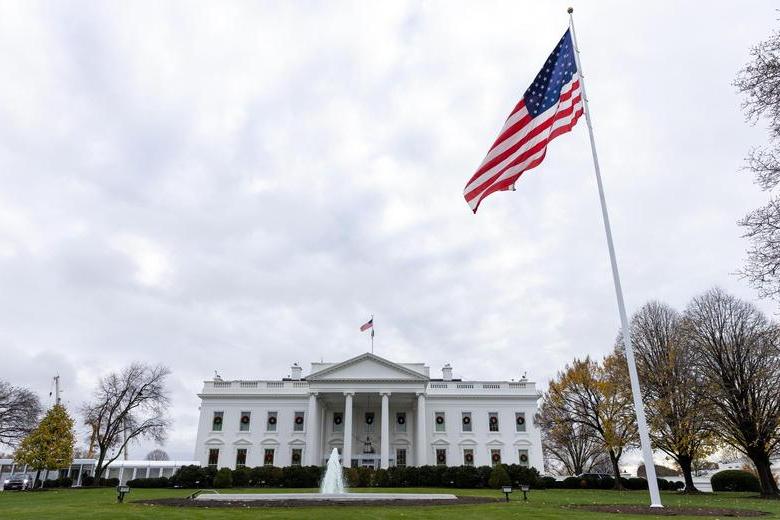London, Beijing need to maintain positive ties

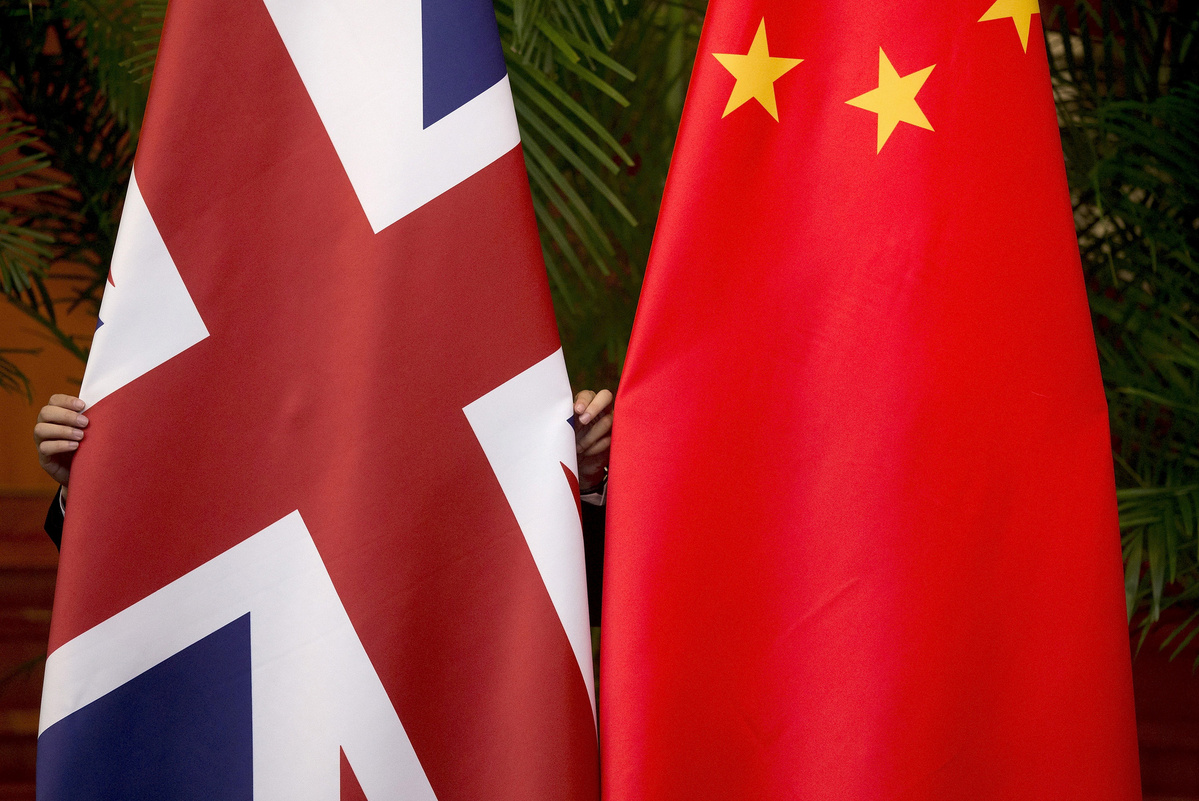
As the COVID-19 pandemic has gathered pace in the United Kingdom, there have been increasing calls from some individuals and media outlets to pursue politics of blame and retaliation against China over the outbreak.
Starting with an editorial around two weeks ago in The Mail on Sunday, officials in the Conservative Party, including former party leader Ian Duncan Smith, called for a "reckoning" against China and demanded that the UK "rethink" its relationship with Beijing.
The paper falsely claimed that the number of cases in China could have been "downplayed by a factor of 15 to 40 times", and whipped up imagery of animal markets, in fact taken in Vietnam, to further vilify the country.
The following week, the newspaper proceeded to quote a figure from the Henry Jackson Society, a neoconservative think tank, stating that "China owes Britain £351 billion" ($439 billion).
These individuals, including British Member of Parliament Tom Tugendhat, have appeared prominently in a variety of outlets also making this call.
The same political faction within the Conservative Party sought to ban Chinese telecommunications giant Huawei's participation in Britain's 5G network back in January. This faction is now using the crisis to push its agenda into the mainstream.
For the British government to yield to this pressure would be a strategic mistake. The scenario of Brexit has placed the country in a position of strategic weakness and economic fragility. For 2020, even before the coronavirus recession emerged, the UK's projected GDP growth was a mere 1.1 percent.
Expanding the country's trade relationship has been vital to sustaining Britain's continued prosperity in light of Brexit.
Prime Minister Boris Johnson has been aware of the prevailing realities, and has long placed strong emphasis on sustaining positive economic ties with China.
When the United States mounted pressure on London to ban Huawei from participating in its 5G networks, the government knew the US demand was not in Britain's national interest.
Some of the party's politicians want to seek closer ties with the US. These individuals, who were also the staunch supporters of Brexit, see the strategic shift as an opportunity to hasten relations with Washington and pursue a new outlook, which sees Britain not bound to Europe.
As former UK defense secretary Gavin Williamson once touted, he wished to project "British hard power" and take on China in the South China Sea.
However, these judgments are extremely unrealistic, built upon idealism and hubris more than practical strategic assessments.
First of all, Britain does not rule the waves anymore. Its size in relation to the rest of the world economy is shrinking every year, accelerated by the currency crunch produced by Brexit.
In the past four years, its GDP has shrunk behind France's and India's. China's economy is now five times the size of Britain's.
The nostalgic lull of Britain's position as a great power is misleading. Isolating Britain from both Europe and China would be disastrous, London does not hold the cards it thinks it has.
Second, the US is not a reliable alternative. The US is not interested in what it can give to Britain, but what it can take from Britain. The US has already placed tariffs on a plethora of British products as part of the assault against Europe as a whole.
A trade agreement would be overwhelmingly one-sided with US demands to open crucial sectors such as pharmacy and healthcare to US corporations, cutting into Britain's National Health Service, which is certainly against the long-term interests of ordinary people.
The Conservative right (as it was with Brexit) is pushing yet again to force another issue onto the agenda, which would cause permanent damage to Britain's interests in the world. The £351 billion figure is naivety at best.
The country's interest now waits on securing a positive and stable relationship with Beijing in view of the severe economic weakness inflicted upon it by the departure from the European Union.
The author is a British political analyst. The views do not necessarily reflect those of China Daily.
















